
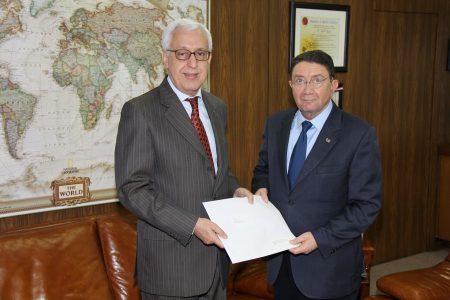
It’s official: Márcio Favilla Lucca de Paula presents papers to UNWTO Secretary Taleb Rifai
Today, Mr. Marcio Favilla Lucca de Paula made it official. In Madrid, he handed his documents to compete for the UNWTO Secretary General position to current Secretary-General Taleb Rifai.
Mr. Favilla Lucca de Paula is currently Executive Director for Competitiveness, External Relations and Partnerships at the World Tourism Organization (UNWTO) based in Madrid, Spain. He has been in this position since January 2010.
From April 2007, Mr. Favilla Lucca de Paula was Vice Minister of the Secretariat of Institutional Relations of the Presidency of Brazil.
Prior to this appointment, he was Brazil’s first Vice Minister of Tourism (2003-2007) where he played a key role in the structuring of the first exclusive Ministry of Tourism in Brazil.
During his term as Vice Minister of Tourism he was actively involved in the development and implementation of the 1st National Tourism Plan and worked to increase both tourism arrivals into the country as well as domestic tourism.
He was also engaged in many of UNWTO’s activities as Head of the Brazilian delegation to all General Assembly and Executive Council sessions from 2003 to 2006, and Chairman of the UNWTO Commission for the Americas in 2006.
From 1999 to 2002 he worked at the Ministry of Development, Industry and International Trade as Head of the National Department for Business Registry among other positions.
Mr. Favilla Lucca de Paula was in Belo Horizonte from 1980 to 1998, first at the Development Bank of Minas Gerais and then the State Secretariat for Finance of Minas Gerais.
Mr. Favilla Lucca de Paula has a MA in Development Studies from the Institute of Social Studies, The Hague, Netherlands, where he specialized in Regional Development Planning (1985-1986). He obtained his undergraduate degree in Economics from the Federal University of Minas Gerais (1979).
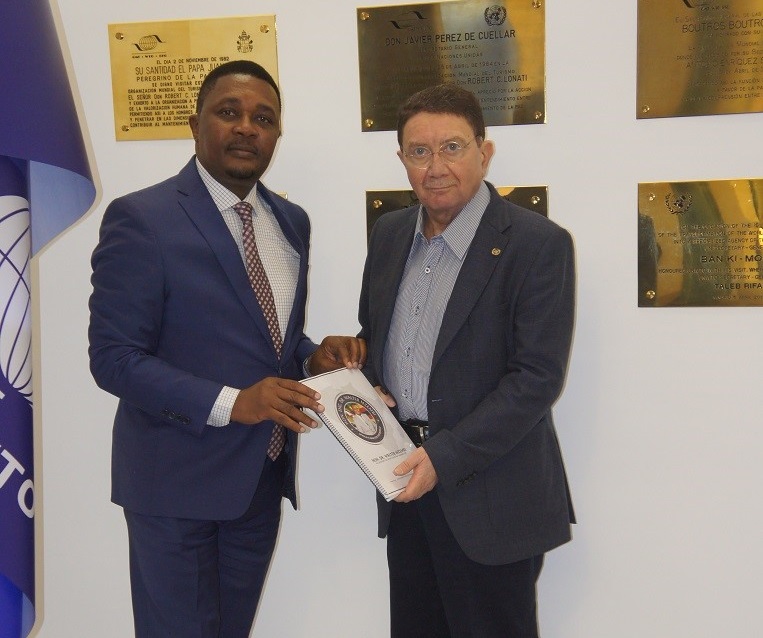
Hon Walter Mzembi deposits his official nomination papers as a candidate for the post of Secretary General of the United Nations World Tourism Organisation (UNWTO)
At a brief ceremony held the Madrid Headquarters of the United Nations World Tourism Organisation (UNWTO) at 20.00 hours on Saturday 4 March 2017, Dr Walter Mzembi, the African Union-endorsed candidate for the post of Secretary General of the UNWTO, deposited his official nomination papers with the incumbent Secretary General, Dr Taleb RIfai.
Although the deadline for the deposit of the papers is midnight on the 11 March, 2017, Dr Mzembi decided to detour through Madrid at the beginning of his current campaign outreach programme, to lodge the requisite documentation directly with the Secretary General a week before the agreed cut-off date.
Witnessing the occasion was Dr Mzembi’s wife, Mrs Barbara Perez Hernandez, the wife of the incumbent Secretary General, Mrs Rifai, the UNWTO Legal Counsel, Ms Elcia de Grandcourt, UNWTO Regional Director for Africa and members of Dr Mzembi’s campaign team.
The documentation submitted by Dr Mzembi included an official nomination letter signed by His Excellency President R.G. Mugabe, a 2-page curriculum vitae, a-6-page Statement of Policy and Management Intent and a Certification of Sound Health.
The core document of the submission is the 6-page Statement of Policy and Management – which basically sets out the vision Dr Mzembi, as Secretary General, has for the future development of global tourism under the umbrella of the UNWTO.
That vision is all-encompassing in nature, reflects Dr Mzembi’s ambitious 10-Point Plan for the reform and renewal of the Organisation and provides a clear road-map signposting how he intends to attain the targets articulated in that Plan.
Key elements of his reform agenda, as highlighted in his Statement of Policy and Management Intent, include
• Administrative and Governance Reform of the Organisation
• Responsible Tourism and Sustainability
• Resource Mobilisation and Business Development, and
• Organisational Repositioning and Brand Development
In receiving the official nomination documentation, Secretary General Rifai thanked Dr Mzembi for making the effort to personally deposit the requisite paperwork, congratulated him on his impressive campaign effort to date and wished him well in the forthcoming election.
The election of a new Secretary General will take place during the course of the forthcoming 105th meeting of the UNWTO Executive Council which is scheduled to be held in Madrid, Spain, from 11 to 12 May, 2017.
To date, in addition to Dr Mzembi, there are four other candidates who have officially declared their candidature for the Secretary General post.
They are Mrs Doh Young-shim of the Republic of (South) Korea, Ambassador Gurab Poloshikavili of the Republic of Georgia, Mr Marcio Favilla Luca de Paula of Brazil and Mr Alain St Ange of the Seychelles.
The election will be conducted by secret ballot. To win, a candidate requires a 50%-plus-1tally from the Executive Council members present and voting. If all 33 members of the Executive Council are present and voting, this means that a candidate needs to secure a minimum of 17 votes in order to win the election.
Emerging from the election, therefore, will be a Secretary-General-elect. The Chairperson of the Executive Council will then submit the name of the winning candidate – the Secretary-General elect – for endorsement by the next UNWTO General Assembly which is scheduled to take place in Chengdu, China, in September, 2017. That endorsement requires a two-thirds majority of the UNWTO members present and voting.
The new Secretary General will take up the post on 1 January, 2018 and will serve a 4-year mandate until 31 December 2021. That mandate is renewable once, for a further four-year period.
Following the submission of his nomination documentation, Dr Mzembi left Madrid for Ghana where, as part of His Excellency President Mugabe’s entourage, he attended the 60th Anniversary Celebrations of Ghanaian independence.
Dr Mzembi held a bilateral meeting with his Ghanaian counterpart, Hon Catherine Afeku – Minister of Tourism, Culture and the Creative Arts – to discuss the strengthening of cooperation in the field of tourism between the two countries on the basis of an MoU which, they agreed, should be finalised as soon as possible.
Harare
6 March 2017
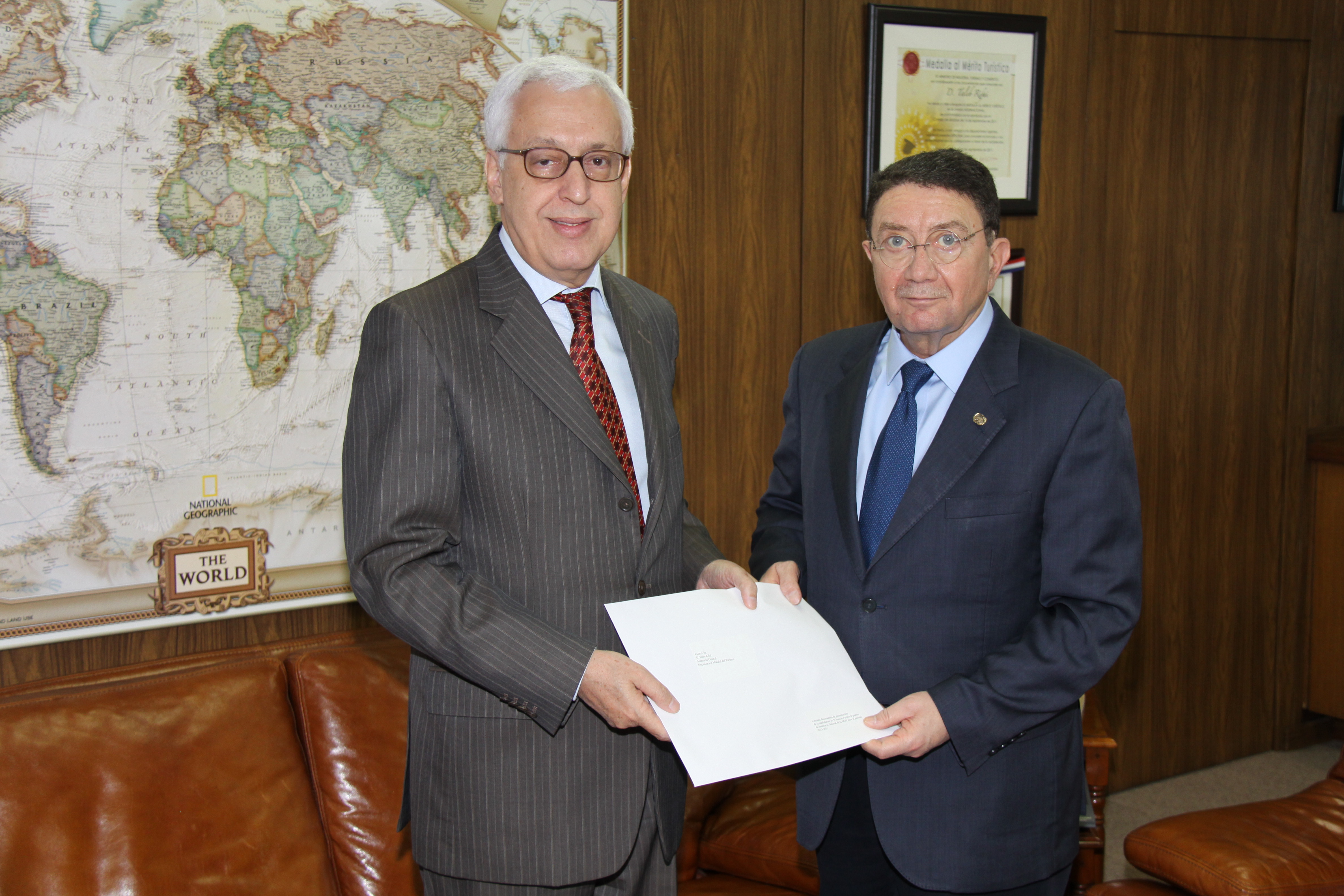
Márcio Favilla presents his papers to UNWTO Secretary General
Márcio Favilla made it official today. Today in Madrid, Mr. Favillo handed his documents to compete for the UNWTO Secretary General position to current Secretary-General Taleb Rifai.
Mr. Favilla Lucca de Paula is currently Executive Director for Competitiveness, External Relations and Partnerships at the World Tourism Organization (UNWTO) based in Madrid, Spain. He has been in this position since January 2010.
From April 2007, Mr. Favilla Lucca de Paula was Vice Minister of the Secretariat of Institutional Relations of the Presidency of Brazil.
Prior to this appointment, he was Brazil’s first Vice Minister of Tourism (2003-2007) where he played a key role in the structuring of the first exclusive Ministry of Tourism in Brazil.
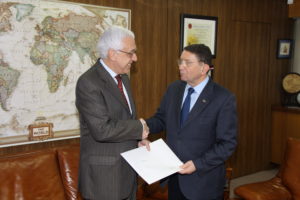
During his term as Vice Minister of Tourism he was actively involved in the development and implementation of the 1st National Tourism Plan and worked to increase both tourism arrivals into the country as well as domestic tourism.
He was also engaged in many of UNWTO’s activities as Head of the Brazilian delegation to all General Assembly and Executive Council sessions from 2003 to 2006, and Chairman of the UNWTO Commission for the Americas in 2006.
From 1999 to 2002 he worked at the Ministry of Development, Industry and International Trade as Head of the National Department for Business Registry among other positions.
Mr. Favilla Lucca de Paula was in Belo Horizonte from 1980 to 1998, first at the Development Bank of Minas Gerais and then the State Secretariat for Finance of Minas Gerais.
Mr. Favilla Lucca de Paula has a MA in Development Studies from the Institute of Social Studies, The Hague, Netherlands, where he specialized in Regional Development Planning (1985-1986). He obtained his undergraduate degree in Economics from the Federal University of Minas Gerais (1979).
Mr. Favilla Lucca de Paula is a Brazilian national, born in 1958.

UNWTO advances the conversion of the Code of Ethics into an international Convention
The World Tourism Organization (UNWTO) is working to convert the UNWTO Global Code of Ethics for Tourism into an international Convention, in order to increase the commitment of all stakeholders to its principles. The process is being led by an intergovernmental Working Group composed of representatives of 36 UNWTO Member States.
While extremely relevant for the tourism sector, the UNWTO Global Code of Ethics for Tourism, adopted in 1999, represents a voluntary instrument whereas, the future Convention on Tourism Ethics would constitute a binding instrument.
“For UNWTO to have its first International Convention based on its cornerstone policy document would be of great significance, especially at a time when the uninterrupted growth of international tourist arrivals has reached a record of 1.2 billion in 2016, doubling the figures of tourism in 1999, year in which the Global Code of Ethics was adopted”, said UNWTO Secretary-General, Taleb Rifai.
The Working Group on the UNWTO Convention on Tourism Ethics discussed the text of the Draft Convention during two intense working sessions in its second meeting, held on 30-31 January 2017. The draft text will now be presented to the 105th session of the UNWTO Executive Council, to be held on 11-12 May 2017 in Madrid, Spain. The Executive Council will then be followed by a third meeting of the Working Group to which UNWTO Full and Associate Members are invited to participate.
Following the roadmap agreed by the Working Group, the Convention will be presented for consideration and possible adoption to the 22nd UNWTO General Assembly, to take place in Chengdu, China, on 6-9 September 2017.
If approved, the Convention would represent an important step for UNWTO as a specialized agency of the United Nations, as it would be the first international treaty of the Organization. The adoption of the draft Convention on Tourism Ethics this year would be particularly timely since 2017 has been declared by the United Nations as the International Year of Sustainable Tourism for Development.
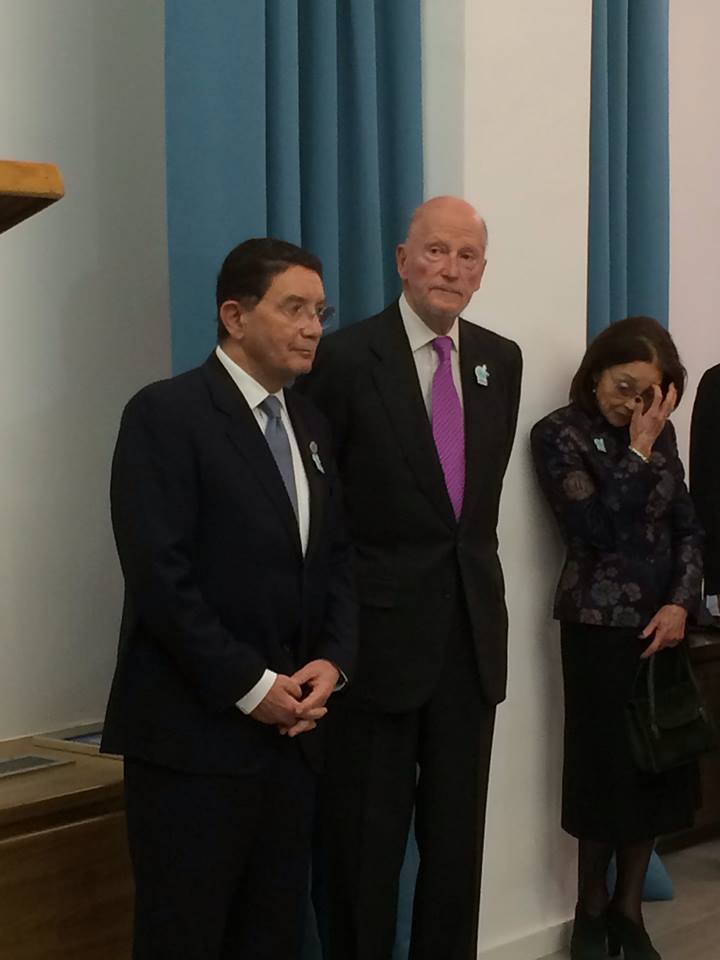
UNWTO appoints King Simeon II ambassador of the International Year of Sustainable Tourism for Development
Simeon II received from the Secretary-General of the World Tourism Organization (UNWTO) the certificate accrediting him as an ambassador of the International Year of Sustainable Tourism for Development, which is being observed globally throughout 2017. The figure of Ambassadors of the International Year was presented last January at the launching of the Year that took place in the context of FITUR in Madrid.
Speaking at the ceremony held at the UNWTO headquarters in Madrid, UNWTO Secretary-General Taleb Rifai emphasized: “When designating 2017 as the International Year of Sustainable Tourism for Development, the United Nations recognized tourism’s contribution to the development agenda, to peace, equality and prosperity. I am very touched to see that King Simeon II shares this same vision on the power of tourism and I truly thank him for his commitment to spread this important message across the world.”
Simeon II expressed gratitude for his appointment as ambassador of the International Year and stressed the importance of tourism in moving towards a more sustainable and fairer world. “One of the most important objectives of the Year is to raise awareness among the international population as well as institutions about the potential of tourism to promote culture, exchanges or the elimination of prejudices,” said the newly appointed ambassador of the Year.
In addition to Simeon II, the UNWTO has appointed the following ambassadors of the International Year: H.E. Ellen Johnson Sirleaf, President of Liberia; H.R.H. Shaikha Mai bint Mohammed Al Khalifa, President of the Bahrain Authority for Culture and Antiquities; Talal Abu-Ghazaleh, Chairman of the Talal Abu-Ghazaleh Organization; Michael Frenzel, President of the Federal Association of the German Tourism Industry (BTW); and Ge Huayong, Chairman of China UnionPay.
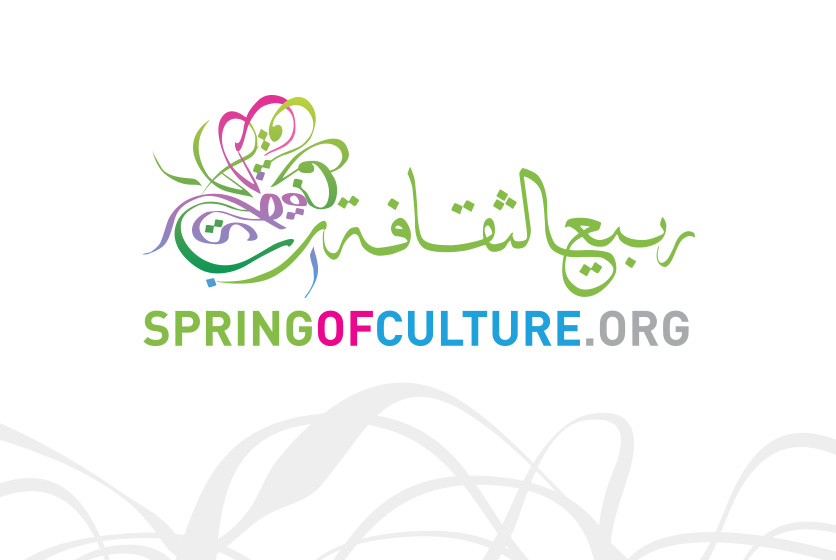
UNWTO Secretary General attends Bahrain’s Spring of Cultures Festival
At the invitation of H.E. Shaikha Mai Bint Mohammed Al-Khalifa, President of the Bahrain Authority for Culture and Antiquities and Chairperson of the Board of the Arab Regional Centre for World Heritage, UNWTO Secretary-General, Taleb Rifai, attended the celebrations of Bahrain’s Spring of Cultures Festival, which coincided with Arab Tourism Day on February 25.
This was an occasion to stress the importance of cultural preservation and the links between tourism and culture particularly in the scope of the International Year of Sustainable Tourism for Development 2017.
“2017, declared by the United Nations General Assembly as the International Year of Sustainable Tourism for Development, is a unique opportunity to promote the value of tourism to in the preservation of our values, diversity and heritage. Tourism revives traditional activities and customs, empowers communities and nurtures pride within them, promoting cultural diversity and raising awareness of the value of heritage”, said UNWTO Secretary-General, Taleb Rifai.
On the occasion, Mr Rifai was presented with the advances in the development of the Path of Pearls, including the restoration of several traditional houses in Manama.
Bahrain island society developed an economic, cultural and social system that was based on a singular source of income, a natural product of incomparable beauty: the pearls of Bahrain. The unique story of pearling in Bahrain and its physical testimony in Muharraq is now listed by UNESCO as World Heritage site.
“I would like to commend the immense efforts of H.E. Shaikha Mai Bint Mohammed Al-Khalifa in preserving and promoting culture in Bahrain and its relationship with tourism”, added Mr Rifai.
UNWTO has been long promoting the development of cultural tourism routes as a means to advance regional integration and economic development, namely through its long standing Silk Road Tourism Programme.
As part of Bahrain’s Spring of Cultures Festival, Mr Rifai also attended the Lebanese opera show “Antar and Abla” at the Bahrain National Theater.
In recognition of her contribution to the promotion of sustainable cultural tourism, UNWTO will designate H.E. Shaikha Mai Bint Mohammad Al-Khalifa as Special Ambassador for the International Year of Sustainable Tourism for Development 2017 at a special ceremony at UNWTO Headquarters in Madrid on March 24, 2017.

UNWTO Panel on Indigenous Tourism: Promoting equitable partnerships
As one of the most thriving economic activities, tourism is well placed to contribute to indigenous people in improving their livelihoods. If managed responsibly and sustainably, indigenous tourism can spur cultural interaction and revival, bolster employment, alleviate poverty, curb rural flight migration, empower women and youth, encourage product diversification, and nurture a sense of pride among indigenous people. However, this type of tourism also raises a series of ethical, social, economic and human rights-related challenges that need to be addressed by the sector.
These convictions are upheld by the Larrakia Declaration adopted by the World Indigenous Tourism Alliance in 2012, which enjoys the support of UNWTO as a landmark document for the empowerment of indigenous peoples through tourism. With the Larrakia Declaration as a backdrop, this UNWTO panel will discuss equitable partnerships between indigenous and non-indigenous stakeholders that can benefit the communities on the long-run and will also suggest some guidance in this regard.
Furthermore, the event will establish linkages between the International Year of Sustainable Tourism for Development, championed by the United Nations, and indigenous communities, given their ancestral knowledge of nature and methods of sustainable management of resources that they depend on. The panel will finally showcase good practices which have provided indigenous people with concrete entrepreneurial opportunities and economic empowerment.
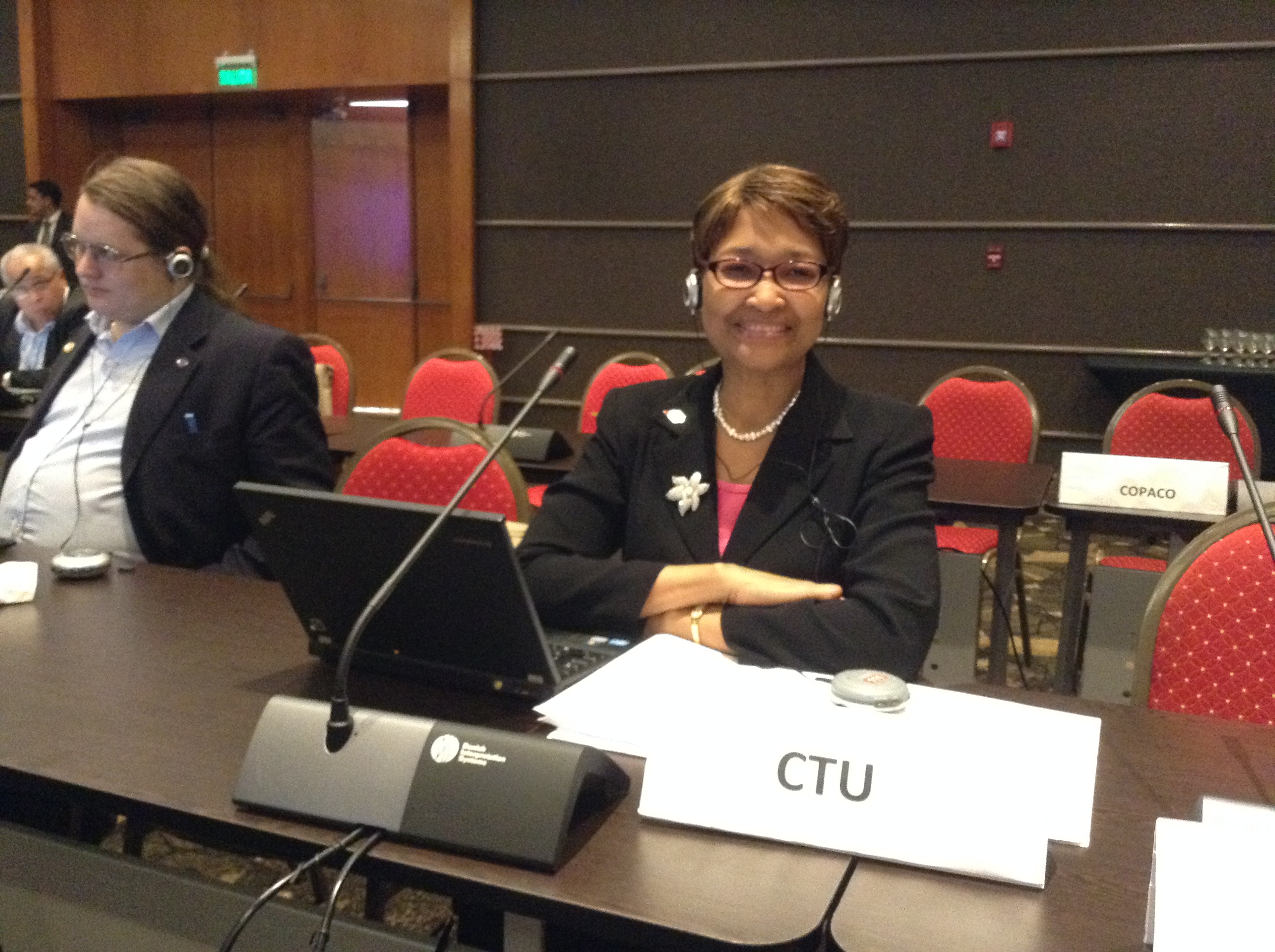
CTU Secretary General leads discussions on sustainable development goals at international forum
Asunción, Paraguay (24th February 2017) – The Secretary General of the Caribbean Telecommunications Union (CTU), Ms. Bernadette Lewis, led a discussion panel addressing the United Nations Sustainable Development Goals (SDGs) at the International Telecommunications Union’s (ITU) Regional Development Forum on 20th March in Asunción, Paraguay.
In her introductory remarks, the SG noted that in September 2015, the countries of the United Nations (UN) adopted 17 Sustainable Development Goals (SDGs) in itsTransforming our World: 2030 Agenda for Sustainable Development. The Agenda which came into force on 1st January 2016 seeks to “free the human race from the tyranny of poverty, heal and secure the plane and shift the world on to a sustainable and resilient path”. The SG explained that the achievement of these goals is a collective responsibility that requires collaboration and honest, dedicated cooperation by all global citizens, including governments, the private sector and civil society.
The discussants in the Panel, Teresita Palacios, President of CONATEL (National Telecommunications Commission), Paraguay; Jorge Torres, Deputy Secretary of COMTELCA (Regional Technical Commission of Telecommunications), Honuduras; Roberto Hirayama, Regulation Specialist, Anatel, Brazil; and Chiedozie Dickson Osuala, Manager Market Economics, Telecommunications Authority of Trinidad and Tobago (TATT); explored the role of different stakeholders in promoting the SDGs, and how information and communication technologies (ICT) could help in achieving them.
Without exception, the panelists were of the firm view that affordable access to ICT and Broadband were essential for the attainment of the SDGs. They pointed specifically to the potential of ICT to promote social inclusion and foster economic development but this would require extending networks to all national communities.
SG Lewis in summing up the contributions of the panelists emphasized the need for transdisciplinary collaboration in setting realistic goals, planning and execution of ICT projects. She noted that public awareness and education of all stakeholders were integral to the process.
Finally, demonstrated political will to drive ICT for development and measurement of the progress are mandatory in order for the potential of ICT to contribute to the attainment of the SDGs.
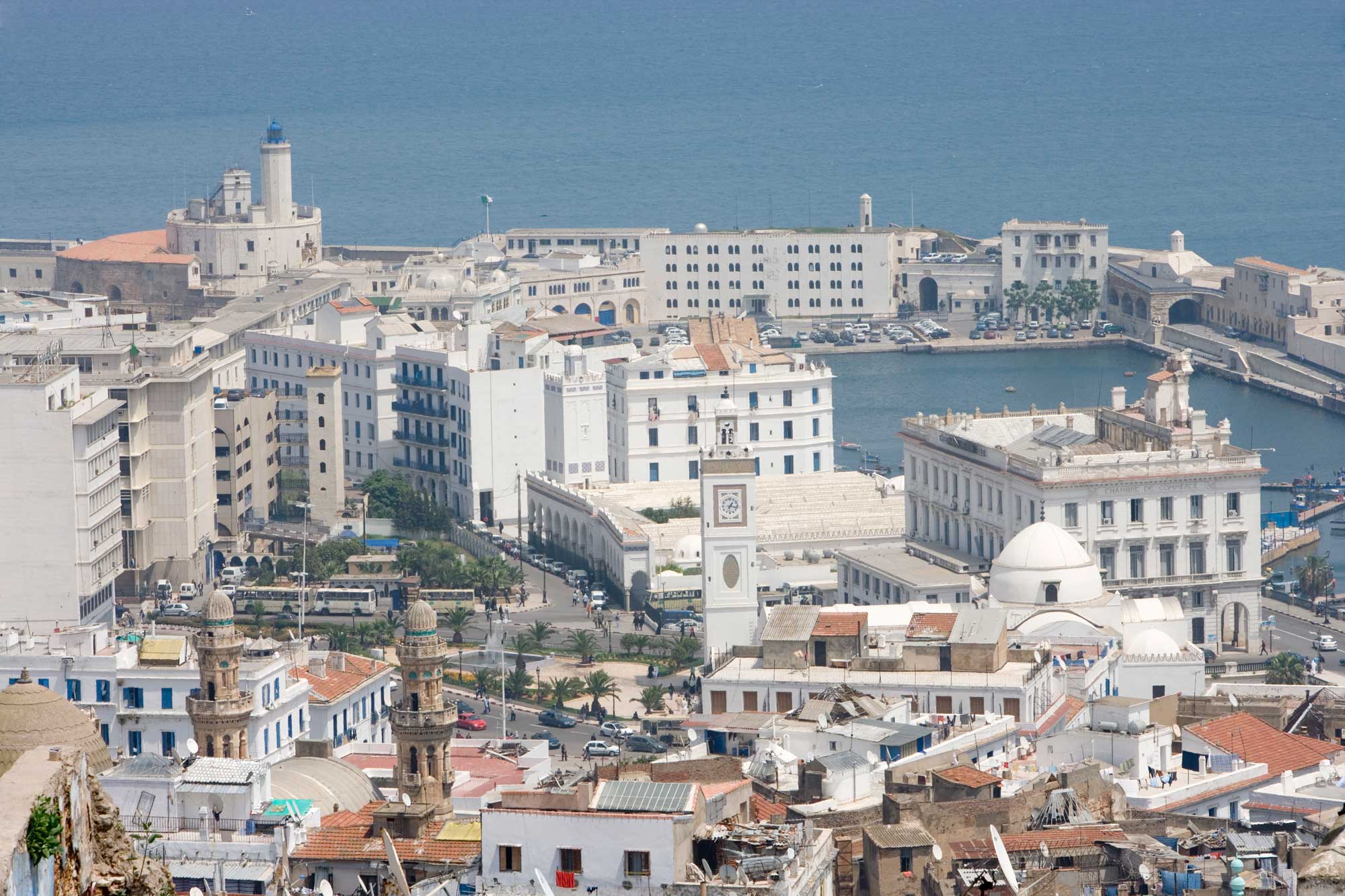
Algeria kicks off 1st UNWTO Regional Capacity Building Programme on Tourism Statistics
In the framework of the technical assistance that the World Tourism Organization (UNWTO) provides to Member States, especially in their development of sound statistical systems, the People’s Democratic Republic of Algeria has hosted the 1st Workshop on Regional Statistics of the Tourism Sector (13-15 February 2017). The program aims to enable the development of tourism statistics according to the United Nations standards at the national level and to implement the Tourism Satellite Account project over time. This three-year programme, which was launched this year and is to be concluded in 2019, consists of a series of capacity-building workshops for officials from national tourism administrations, national statistical offices, central banks and Immigration Offices.
On the occasion, UNWTO Secretary-General, Taleb Rifai, praised the efforts done by the Ministry of Tourism of Algeria to place the sector at the core of the economic development policies and recalled the importance of tourism statistics for tourism development.
“Statistics are essential as they are the basis to shape efficient tourism policies, very needed in a region where the sector has so immense potentials,” said Mr. Rifai.
Measuring the impact of the tourism sector through statistical data has been one of the key areas of work of UNWTO in the last decades. The Tourism Satellite Account is one of the pillars of this approach.
In parallel to the workshop, the Secretary General held bilateral meetings with government authorities including H.E. Abdelmalek Sellal, Prime Minister of the People’s Democratic Republic of Algeria. The discussions were focused on tourism’s potential in Algeria and the necessity to develop human capital. The Prime Minister acknowledged the declaration by the United Nations of 2017 as the International Year of Sustainable Tourism for Development and confirmed that his country shares the same vision, especially in the development of sustainable tourism which can guarantee each nation the realization of common objectives on the economic, environmental and cultural sustainability. Mr Rifai discussed at length with H.E. Abdelouahab Nouri, Minister of Land Management, Tourism and Handicrafts the strong potential that the country has in tourism and the technical assistance that UNWTO may provide to Algeria.
“Algeria is truly committed to creating a more competitive and sustainable tourism, a sector that can become one of the pillars of Algeria’s economy and a tool for diversification and inclusive growth,” he said.
The improvement of air connectivity of the country was praised by the Secretary General who also commended the support of the Algeria to Tunisia. “We hugely acknowledge the support that Algeria has provided not only through long-stay tourists in Tunisia, but through significant tourism expenditure in Tunisia as well. Standing together is the best thing we can do in the face of crisis to help recovery,” he mentioned.
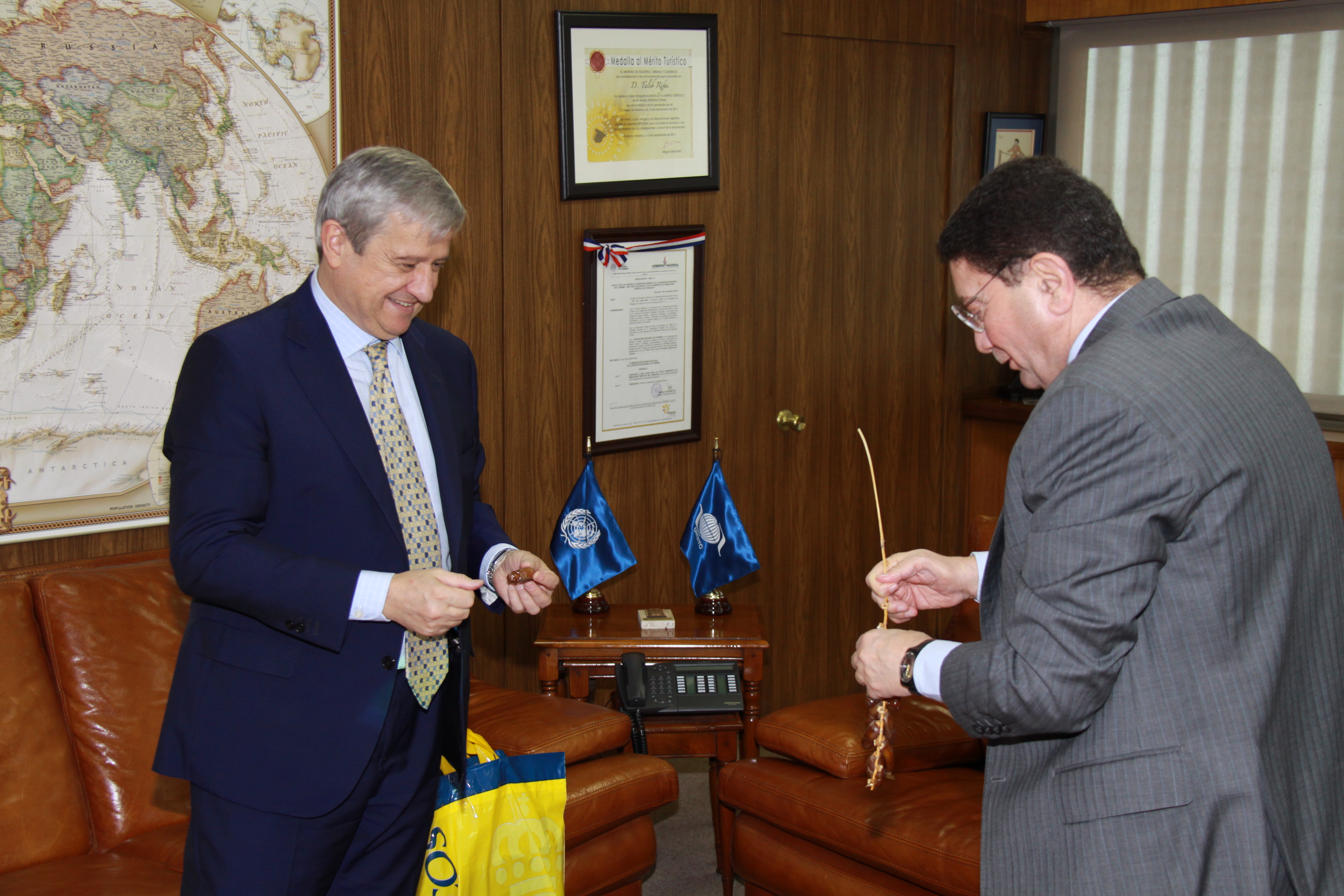
UNWTO hosts presentation of stamps commemorating International Year of Sustainable Tourism for Development 2017
UNWTO Headquarters in Madrid hosted the presentation on Tuesday of two Spanish stamps commemorating the International Year of Sustainable Tourism for Development 2017.
The United Nations declared 2017 as the International Year of Sustainable Tourism for Development, highlighting the potential of tourism to be a pillar of a sustainable, inclusive and equitable future for all.
UNWTO Secretary-General Taleb Rifai recalled that the Year aims to inspire change among all those involved in tourism, including tourists themselves, so that they are mindful of their role in travelling with respect for cultural heritage, the environment and the hosts that welcome them.
“This stamp is one of the key tools to reach all those traveling in Spain and engage them in making a positive impact. We are extremely grateful to the Spanish government and to Correos (the Spanish National Post Office) for this initiative”, said Secretary-General Rifai.
“It is always a pleasure to present a new stamp but, in this case, my gratification is greater because these stamps are dedicated to tourism, one of the most important emblems of our country,” underlined Javier Cuesta Nuin, President of Correos.
With a circulation of 14,000,000, the stamp will promote responsible tourism among Spaniards and the millions that every year visit Spain.
